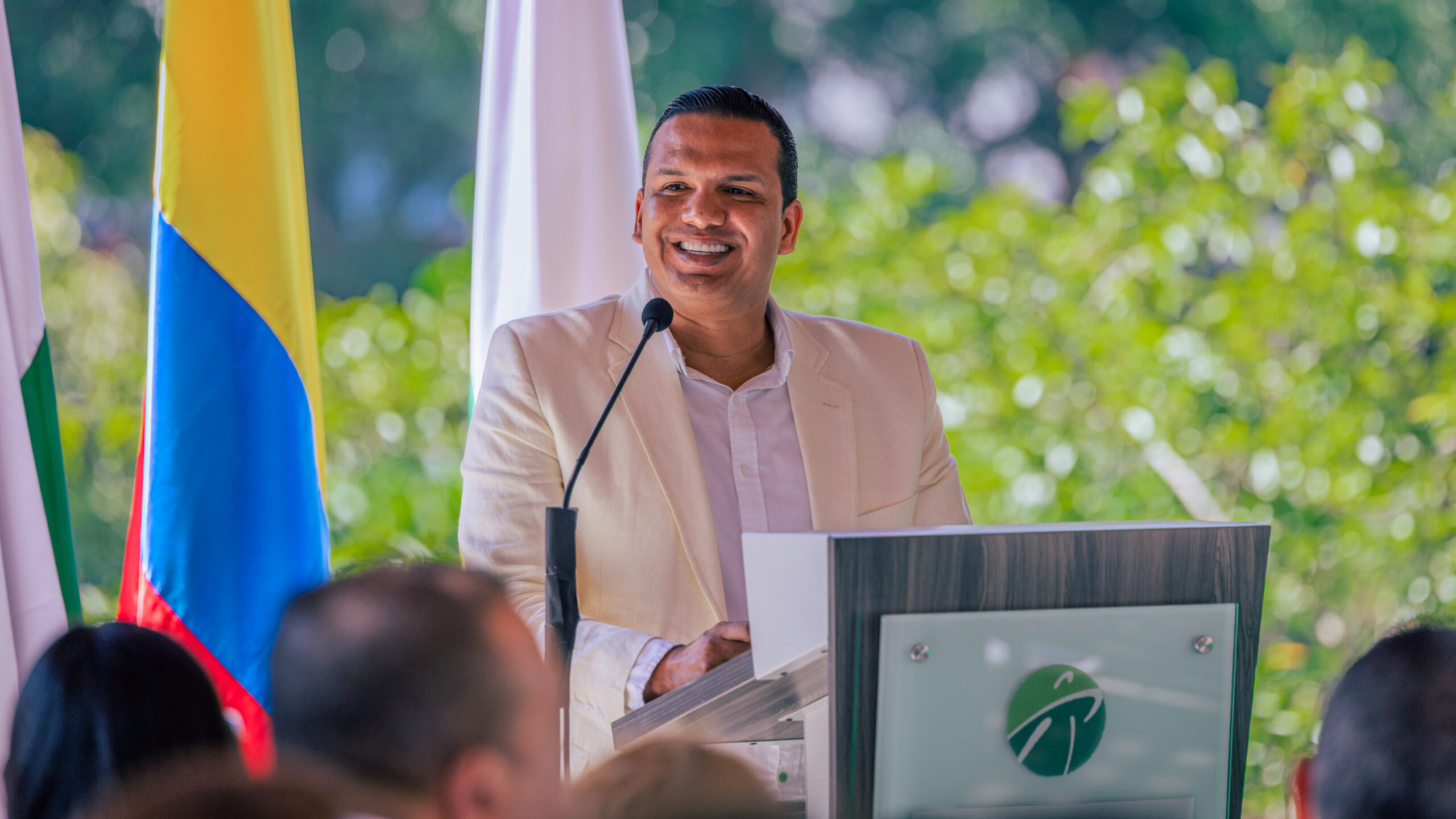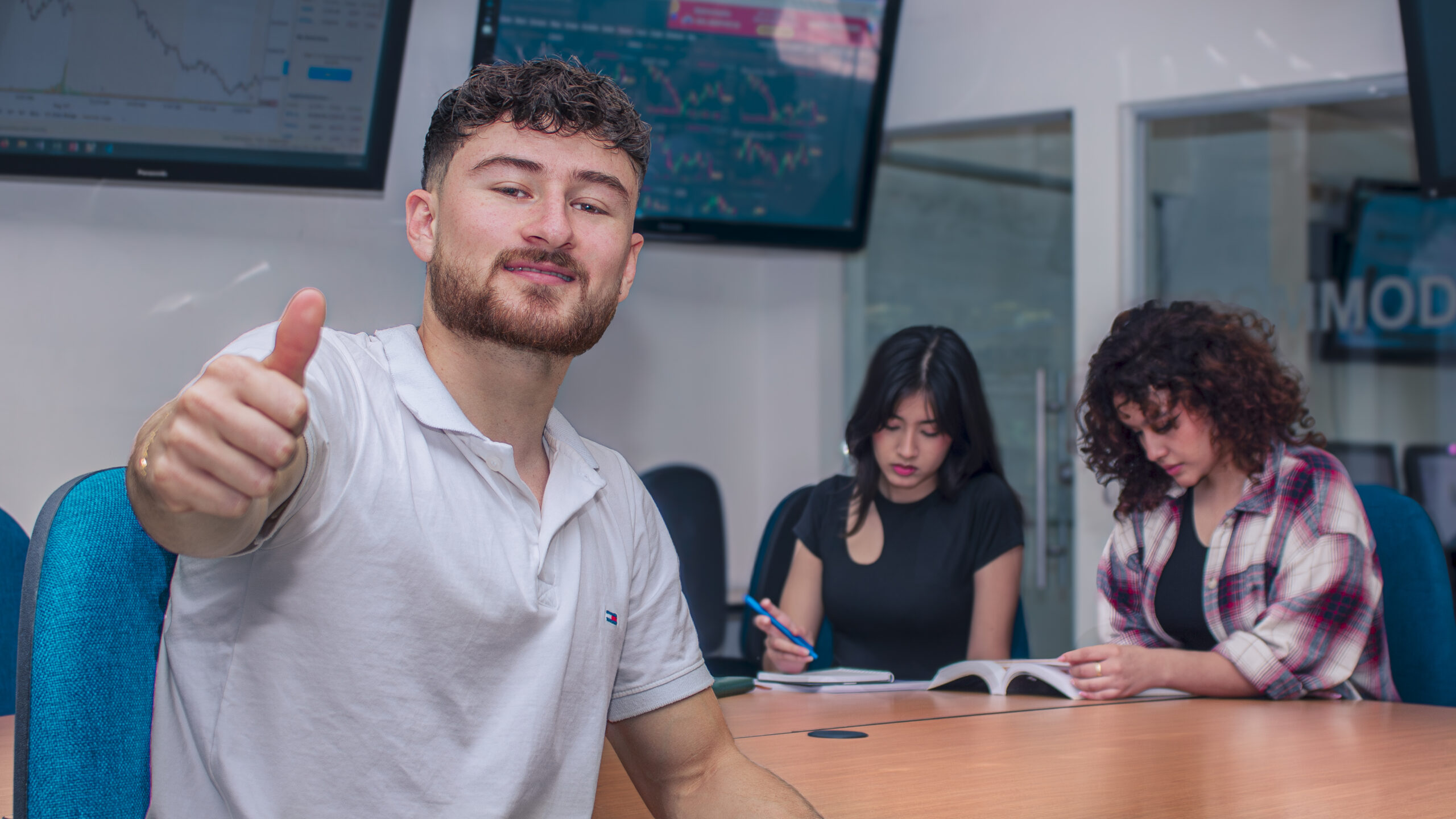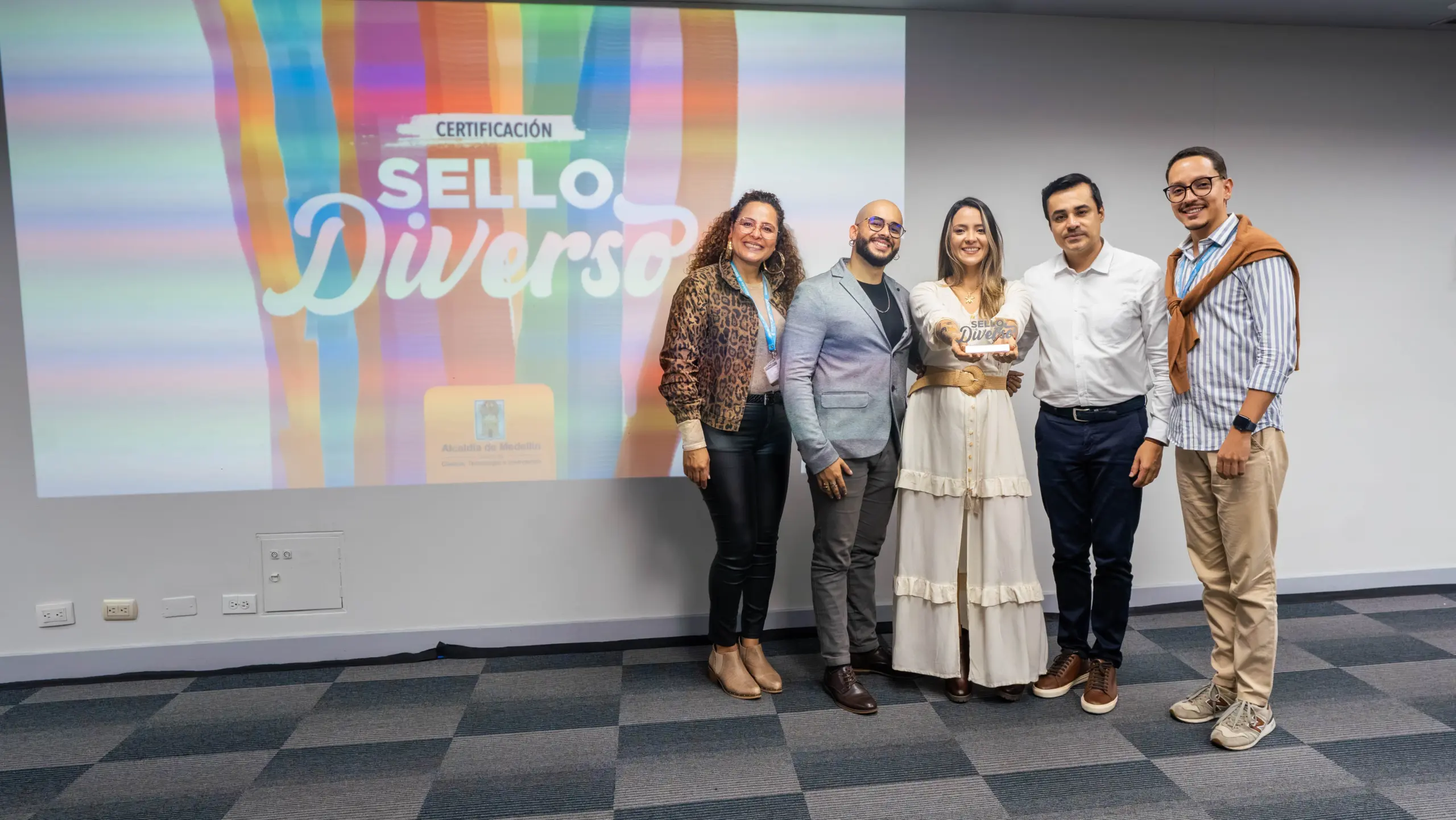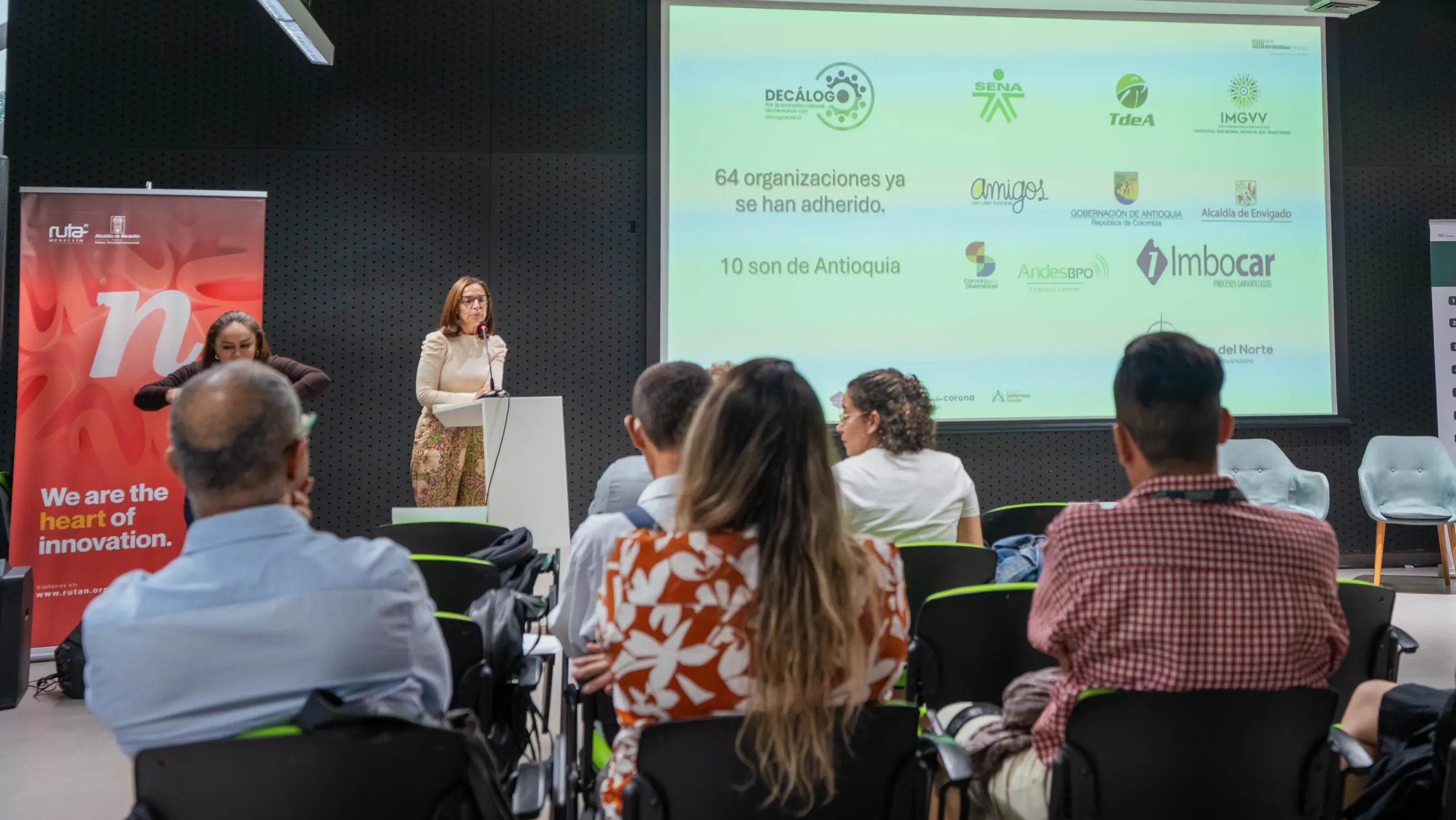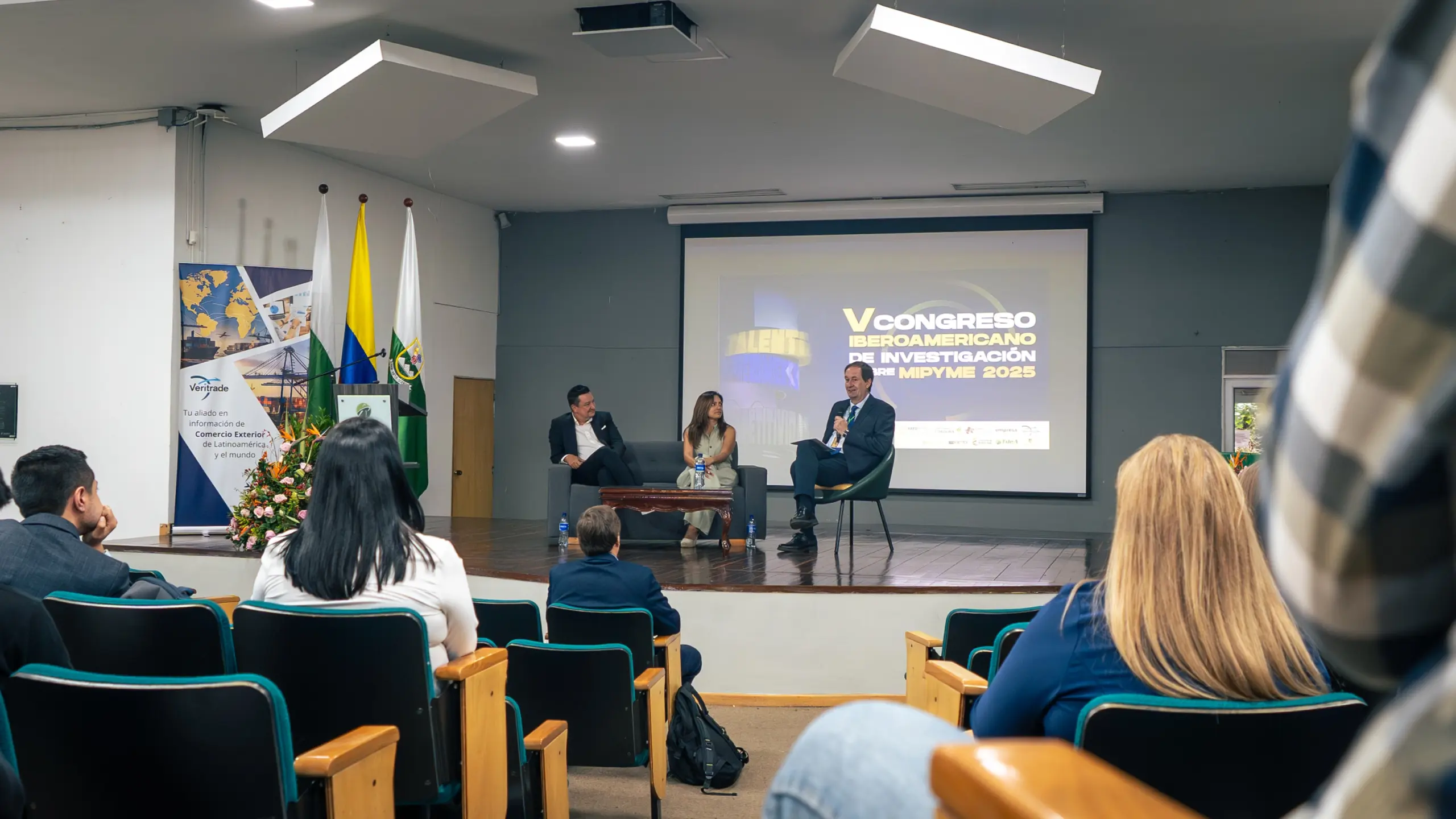
Positivos logros del convenio Campus Vital con el apoyo del MEN-BID
El TdeA hizo entrega de la Política Institucional de Salud Mental y puso en marcha el Observatorio de Salud Mental El 11 de diciembre de 2025, el TdeA institución Universitaria, en las instalaciones del CETI, realizó el cierre técnico del Convenio Campus Vital, estrategia institucional orientada al fortalecimiento de la salud mental y la permanencia […]

